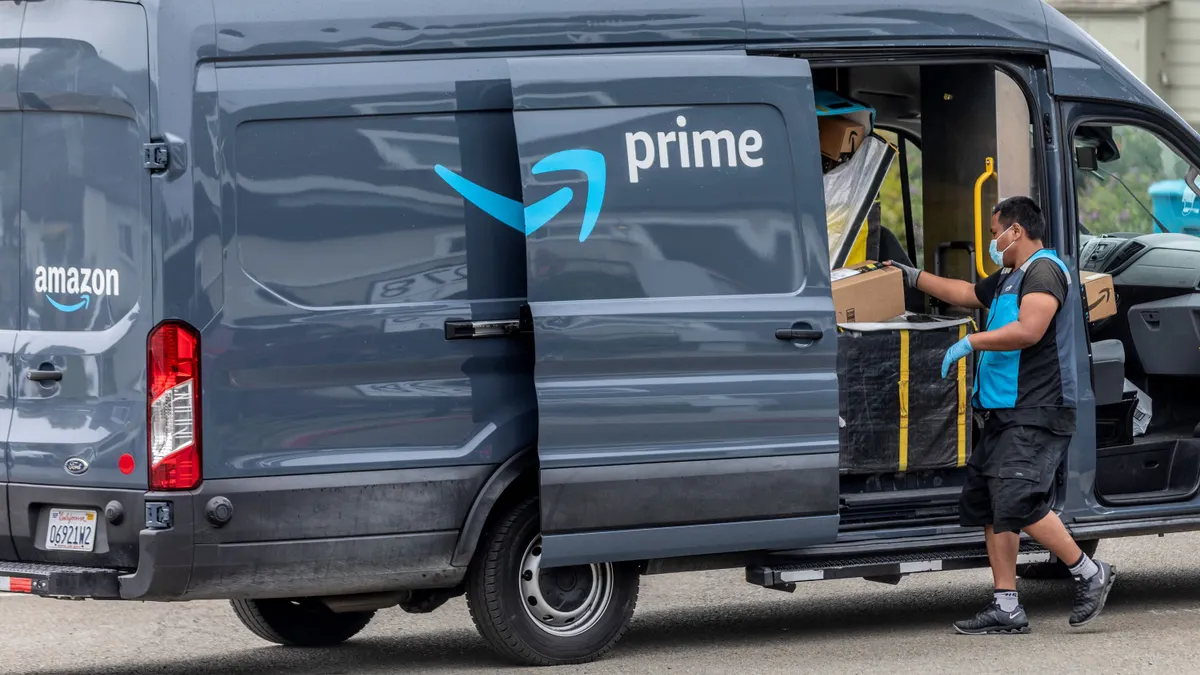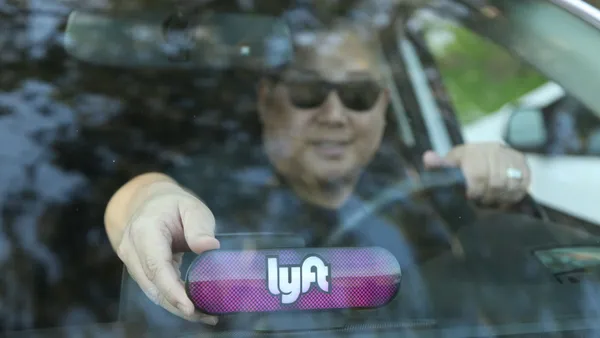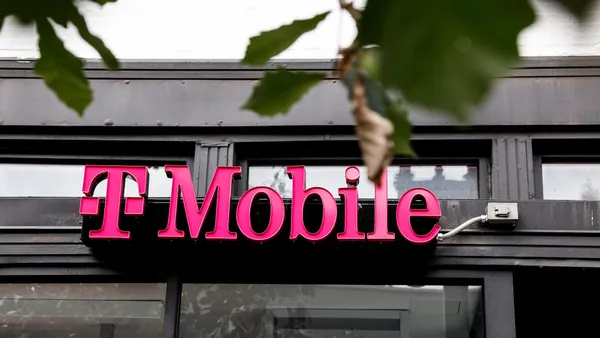Dive Brief:
- The Federal Trade Commission’s case against Amazon for its subscription practices began Monday, highlighting the government’s role in regulating business subscription practices, a key aspect of customer experience. The commission alleges that for years Amazon tricked millions of customers to sign up for Prime and made it difficult to cancel.
- “Specifically, Amazon used manipulative, coercive, or deceptive user-interface designs known as ‘dark patterns’ to trick consumers into enrolling in automatically-renewing Prime subscriptions,” the complaint reads.
- In a statement provided to CX Dive, Amazon denied the FTC’s claims. “The bottom line is that neither Amazon nor the individual defendants did anything wrong — we remain confident that the facts will show these executives acted properly and we always put customers first,” an Amazon spokesperson said via email.
Dive Insight:
Jury selection for the case began in a federal court in Seattle Monday. The FTC issued the original complaint in 2023 under the leadership of Lina Khan, a Biden-appointee.
Under the Biden administration, the FTC targeted businesses’ manipulative subscription practices through its “click-to-cancel” rule, which would have required companies like Amazon to make it as easy to cancel a subscription as it is to sign up for one.
The FTC under the Trump administration rolled back the rule, but the FTC under Trump-appointed Chair Andrew Ferguson is still pursuing the case and has pursued others like it.
In one such case, education technology provider Chegg will pay $7.5 million to settle the FTC's charges that the company made it "extremely difficult" to cancel subscriptions and also failed to honor cancellation requests. Match Group will pay $14 million to settle allegations that the online matchmaker company made it difficult to cancel subscriptions, among other things.
Using dark patterns and making it difficult to cancel or pause subscriptions is a surefire way to frustrate your customers and lose their trust, experts have told CX Dive.
“If you force people into a bucket and you close them, while it may not affect you today as that large brand, it will affect you long term,” said Radi Hindawi, head of revenue strategy and intelligence at Chargebee, a subscription revenue services provider. “It increases your flight risk customers. These are individuals that are on the edge of churning, and now you've just given them the reason to leave just like that.”













